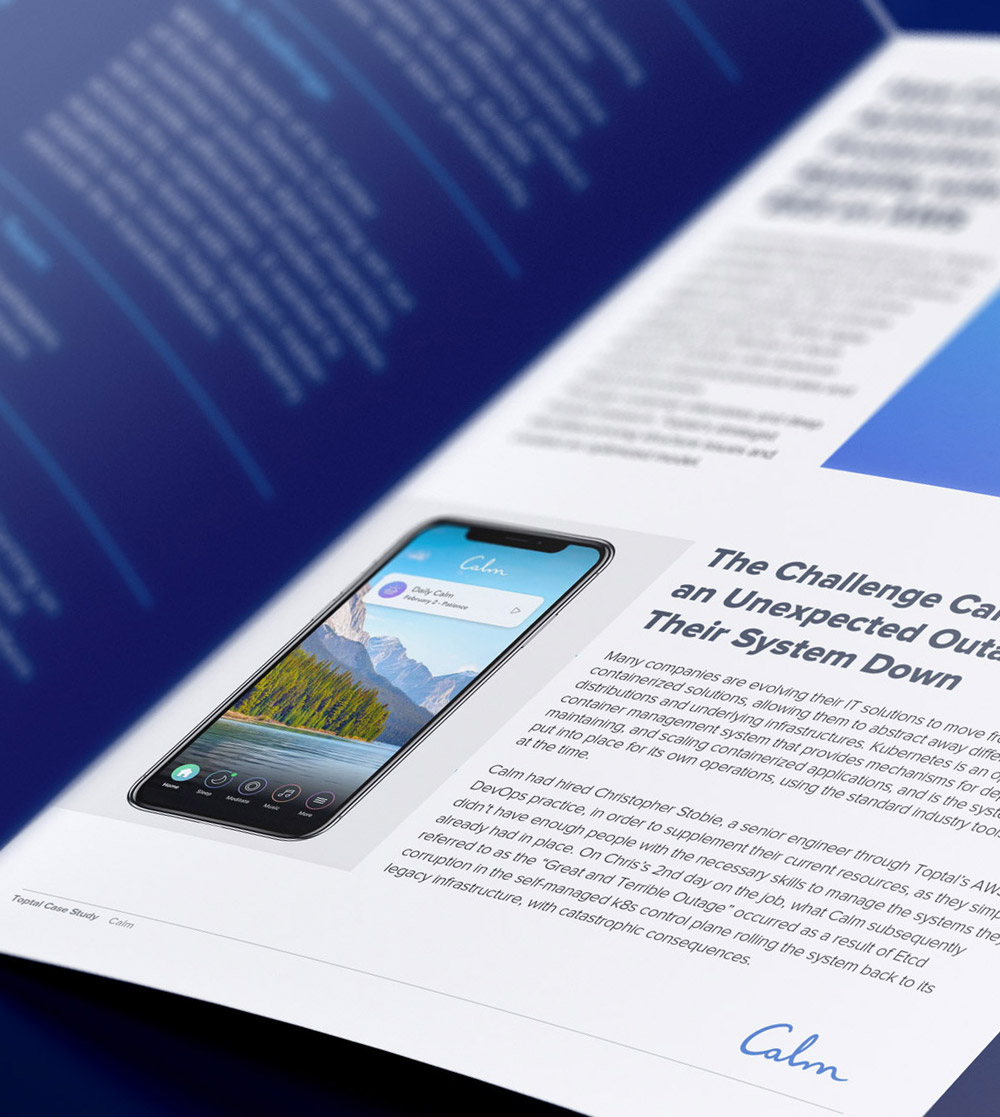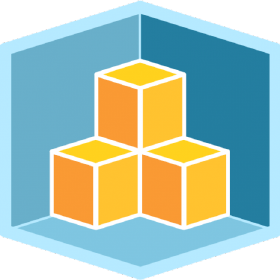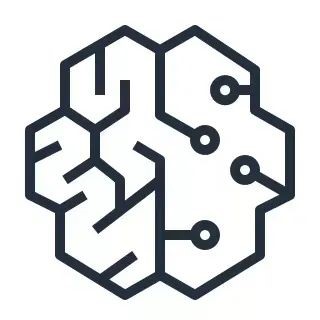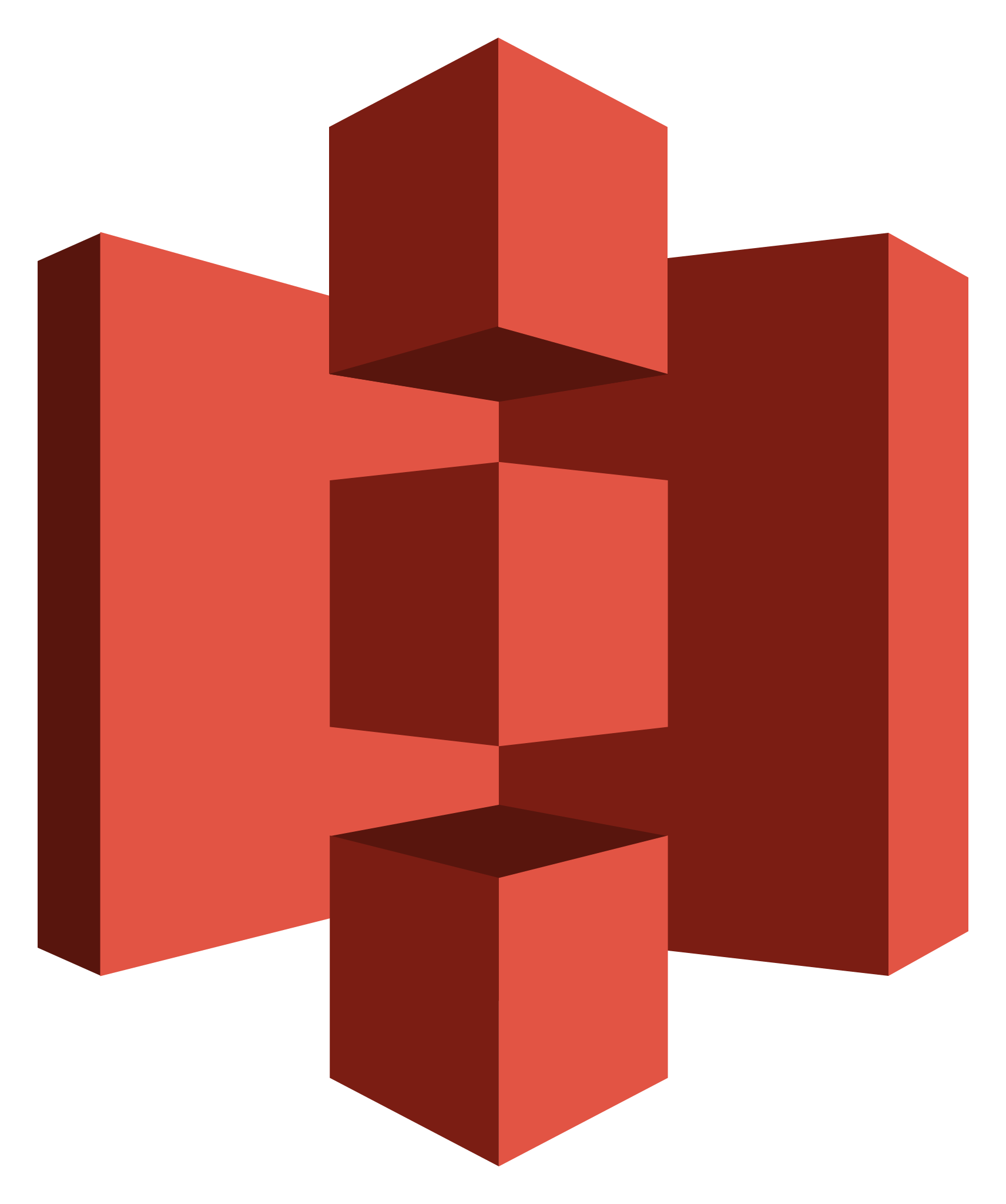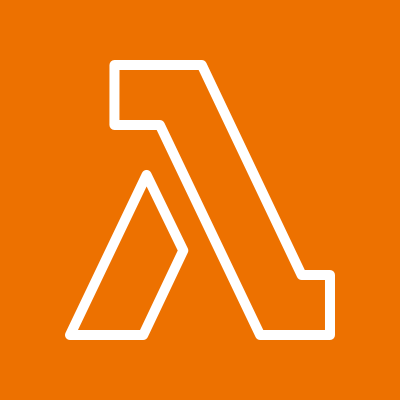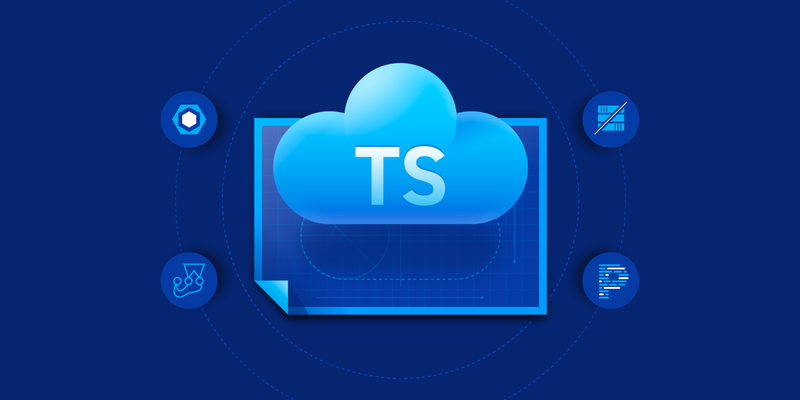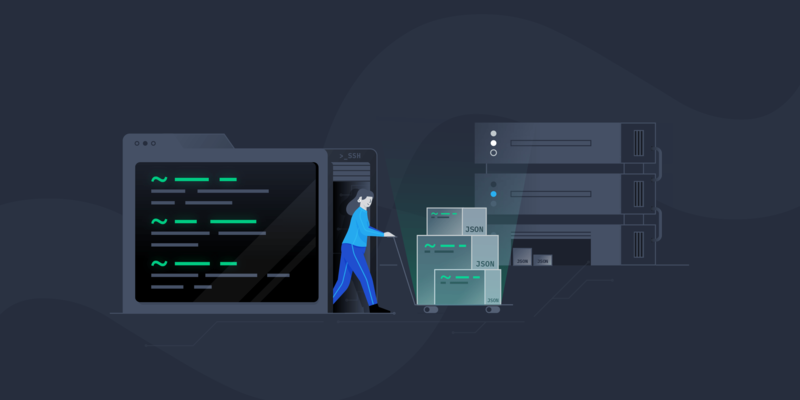
Hire AWS Developers
Hire the Top 3% of Freelance AWS Developers
Toptal is a marketplace for top AWS developers, contractors, programmers, coders, architects, and consultants. Top companies and startups can hire dedicated (full-time), hourly, or part-time AWS freelancers for their mission-critical software projects.
No-Risk Trial, Pay Only If Satisfied.
Hire Freelance AWS Developers
Ben Mishkin
Ben is a seasoned engineering leader with 20 years of experience in cloud infrastructure, operations, DevOps, and SecOps. He specializes in ML/AI and LLMs and holds certifications in AWS and GCP. He has led teams across various industries, including healthcare, social networks, eCommerce, and video games. With computer science, machine learning, and finance expertise, Ben has HIPAA, PCI, and SOC2 compliance experience. He excels in writing code, buildouts, operations, and migrations.
Show MoreMurugeswaran Vellaiappan
Murugeswaran has 12+ years of experience in software development with over 7+ years dedicated to Amazon Web Services (AWS) cloud product solution design and implementation. He's keen on cloud architecture, design, migration, and security. Murugeswaran enjoys working on projects and with customers across different geographic locations.
Show MoreJustin Menga
Justin has 20+ years of experience as a technology architect, developer, and engineer with a proven track record of building innovative products in various technology and business environments. He's recognized as an expert in AWS, continuous delivery, and all things cloud. A self-starter and problem solver with a relentless passion for excellence, Justin leverages the power of technology and the cloud to its full extent to create world-class digital experiences and deliver key business outcomes.
Show MoreSivakumar Reddy Mettukuru
Sivakumar is a DevOps and AWS Cloud architect with 10+ years of experience, with expertise in Jakarta EE development. He considers his DevOps mindset with development experience to be his greatest strength. He is able to set up cloud infrastructures with IaaC tools like Terraform or CloudFormation and end-to-end automated pipelines with CI/CD. Sivakumar can improve security, reduce costs, and optimize any application for better performance.
Show MoreKevin S Lin
Kevin has nearly a decade of experience provisioning and scaling services in the cloud. He's spent more than five years working at AWS delivering critical features to native AWS services. In that time, Kevin has also worked directly with customers of all sizes—from startups to Netflix—and helped them build scalable cloud-native solutions.
Show MoreAnatoly Lushnikov
Anatoly is a senior full-stack developer and architect with over a decade of experience. He has worked with Fortune 500 companies and led his own startup in the AI field. Even though Anatoly is passionate about AWS, cloud, and Node.js, he is comfortable using other required tools and techs to deliver innovative solutions.
Show MoreMichelle Tsacheva
Michelle is passionate about scaling projects and prototyping, and starting projects quickly. She uses automation, process streamlining, and lean methodologies to get easy and consistent results quickly. Michelle has a background as a web developer and systems/DevOps engineer, and a total of 18 years of professional experience in companies ranging from 10 to over 100 thousand employees.
Show MoreBartlomiej Sawicki
Bartłomiej is a DevOps engineer with more than eight years in this field. His overall experience in IT spans more than 13 years and began with the role of Linux sysadmin for companies like IBM. His DevOps and IaC Terraform journey started with migration to AWS of the TomTom map-making application. He started using Kubernetes while working with IDEMIA and developed this skill with PMI and Vizlib. With the last-mentioned company, he also gained over a year of experience with GCP.
Show MoreYassine Moumen
Yassine is a site reliability and DevOps engineer who loves building the best technical environment for big projects. His experience has taught him that the most reliable systems require more than just building to deliver but designing the best comprehensive solution one can be proud of. Yassine is keen on reading and listening to requirements, determining the best possible technology combination, creating, installing, and upgrading systems, and considering the potential future scope for change.
Show MoreAditi Wadekar
Aditi is a senior DevOps engineer with 10 years of experience building and automating cloud infrastructure on AWS and Azure for numerous clients. She has helped integrate open-source tools such as Jenkins, Git, Docker, ELK stack, Argo CD, and Helm. Aditi is eager to work hands-on with the latest technologies and help clients simplify their tasks and achieve their goals.
Show MoreDiscover More AWS Developers in the Toptal Network
Start HiringA Hiring Guide
Guide to Hiring a Great AWS Developer
AWS developers specialize in creating and scaling app infrastructure using one of the largest global cloud providers. They can architect globally performant solutions for the back end of any web, desktop, or mobile app. This guide to hiring AWS developers highlights how to create a suitable job description and provides effective interview questions to help you identify the best candidates for your company.
Read Hiring GuideAWS Hiring Resources
... allows corporations to quickly assemble teams that have the right skills for specific projects.

Despite accelerating demand for coders, Toptal prides itself on almost Ivy League-level vetting.









How to Hire AWS Engineers Through Toptal
Talk to One of Our Client Advisors
Work With Hand-selected Talent
The Right Fit, Guaranteed
EXCEPTIONAL TALENT
How We Source the Top 3% of AWS Developers
Our name “Toptal” comes from Top Talent—meaning we constantly strive to find and work with the best from around the world. Our rigorous screening process identifies experts in their domains who have passion and drive.
Of the thousands of applications Toptal sees each month, typically fewer than 3% are accepted.
Toptal AWS Case Studies
Discover how our AWS developers help the world’s top companies drive innovation at scale.



Capabilities of AWS Developers
Toptal’s AWS developers build scalable, secure cloud architectures using services like Lambda, S3, and DynamoDB. They bring deep expertise in DevOps and cloud-native development to accelerate innovation while optimizing cost and performance.
Cloud-native Application Development
Serverless Architecture Setup
Infrastructure as Code Automation
Service Integration for Applications
CI/CD Pipeline Deployment
Cloud Security and Access Control
Performance and Cost Optimization
Monitoring and Alerting Configuration
Scalable System Architecture
Issue Diagnosis and Debugging
Key AWS Skills and Technologies
Tap into our AWS developers’ mastery of fundamental technologies to develop powerful and reliable applications.
AWS Infrastructure and Frameworks
AWS Products and Development Tools
Related Skills
FAQs
How much does it cost to hire an AWS developer?
The cost associated with hiring an AWS developer depends on various factors, including preferred talent location, complexity and size of the project you’re hiring for, seniority, engagement commitment (hourly, part-time, or full-time), and more. In the US, for example, Glassdoor’s reported average total annual pay for AWS developers is $137,555 as of August 7, 2023. With Toptal, you can speak with an expert talent matcher who will help you understand the cost of talent with the right skills and seniority level for your needs. To get started, schedule a call with us — it’s free, and there’s no obligation to hire with Toptal.
How quickly can you hire with Toptal?
Typically, you can hire AWS developers with Toptal in about 48 hours. For larger teams of talent or Managed Delivery, timelines may vary. Our talent matchers are highly skilled in the same fields they’re matching in—they’re not recruiters or HR reps. They’ll work with you to understand your goals, technical needs, and team dynamics, and match you with ideal candidates from our vetted global talent network.
Once you select your AWS expert, you’ll have a no-risk trial period to ensure they’re the perfect fit. Our matching process has a 98% trial-to-hire rate, so you can rest assured that you’re getting the best fit every time.
Are AWS developers in demand?
In an era where digital transformation is no longer a luxury but a necessity, the demand for cloud developers has skyrocketed. AWS, the leading cloud services provider, offers a wide array of infrastructure services such as storage, databases, compute power, content delivery, and other functionality that businesses need to scale and grow. This makes AWS developers a fundamental asset within a market that’s increasingly full of AWS developer jobs.
How can you choose the best AWS developers for your project?
Choosing the right AWS developers for your project can significantly influence its success. The following considerations are crucial when selecting these professionals:
- Expertise – Verify that developers demonstrate a strong understanding of the AWS ecosystem and the services that are most relevant to your project. It’s worth checking their AWS certifications to ensure they have the knowledge necessary to handle your project.
- Experience – Consider the developer’s experience with AWS and similar projects. Developers with a proven track record of successful projects often have a more profound understanding of AWS architecture and can better troubleshoot potential issues.
- Communication Skills – Select AWS developers who will be good team members—those who can effectively communicate their ideas, can articulate problems and solutions clearly, and are comfortable collaborating within your team.
- Problem-solving Skills – Seek out developers with robust problem-solving skills, those who can think critically and create innovative solutions for complex problems.
- Availability – Confirm that the developers have sufficient availability to work on your project, meeting your timelines without compromising the quality of their work.
Consider working with a development team or agency that has experience with AWS. Such a collaboration can provide additional benefits, including a broader range of expertise, more efficient project management, and higher reliability.
How do I hire AWS developers?
To hire the right AWS specialist, it’s important to evaluate a candidate’s experience, technical skills, and communication skills. You’ll also want to consider the fit with your particular industry, company, and project. Toptal’s rigorous screening process ensures that every member of our network has excellent experience and skills, and our team will match you with the perfect AWS developers for your project.
Why is AWS a popular cloud computing platform for businesses and organizations?
One of the main reasons AWS is the leading cloud provider is that it offers a massive number of services that DevOps engineers can use. These include compute (EC2), serverless (Lambda, Kubernetes), storage (S3), databases (RDS, DynamoDB, Redshift), security (IAM, GuardDuty), networking (CloudFront, Route 53), CI/CD (CloudFormation, CodePipeline), and more, providing a comprehensive set of tools for businesses to build, deploy, and manage their applications and services. Any imaginable product can be built using only AWS services, which makes development simpler.
AWS services also offer a great and consistent API with good documentation, which helps developers navigate and find what they need quickly. They also provide SDKs in all of the most common programming languages (Python, JavaScript, C++, etc.), making it straightforward to integrate with them.
How are Toptal AWS engineers different?
At Toptal, we thoroughly screen our AWS programmers to ensure we only match you with the highest caliber of talent. Of the more than 200,000 people who apply to join the Toptal network each year, fewer than 3% make the cut.
In addition to screening for industry-leading expertise, we also assess candidates’ language and interpersonal skills to ensure that you have a smooth working relationship.
When you hire AWS consultants with Toptal, you’ll always work with world-class, custom-matched AWS developers ready to help you achieve your goals.
Can you hire AWS consultants on an hourly basis or for project-based tasks?
You can hire AWS experts on an hourly, part-time, or full-time basis. Toptal can also manage the entire project from end-to-end with our Managed Delivery offering. Whether you hire a AWS developer for a full- or part-time position, you’ll have the control and flexibility to scale your team up or down as your needs evolve. Our AWS developers can fully integrate into your existing team for a seamless working experience.
What is the no-risk trial period for Toptal AWS experts?
We make sure that each engagement between you and your AWS developer begins with a trial period of up to two weeks. This means that you have time to confirm the engagement will be successful. If you’re completely satisfied with the results, we’ll bill you for the time and continue the engagement for as long as you’d like. If you’re not completely satisfied, you won’t be billed. From there, we can either part ways, or we can provide you with another AWS developer who may be a better fit and with whom we will begin a second, no-risk trial.
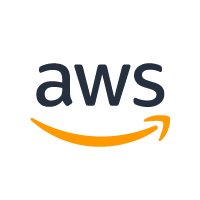
How to Hire AWS Developers
Edoardo is a data scientist who has founded multiple projects and businesses, and served as a vice president of engineering and CTO. He specializes in R&D initiatives, having created MLJ.ji (Julia’s largest machine learning framework) and worked on detection algorithms at Shift Technology. Edoardo has a master’s degree in applied mathematics from the University of Warwick.
Expertise
Previously at

AWS Developers Are in Ever-higher Demand
Cloud computing growth is blistering. End-user spending is expected to grow 20.7% to nearly $600 billion in 2023, and Amazon Web Services (AWS) is the king of the hill, having consistently held more than 31% of the market from 2017 through 2022. As the primary alternative to on-premise servers, cloud computing offers pay-as-you-go pricing models, making it simpler than ever to budget for new products and scale them as needed.
AWS is ubiquitous. It offers a staggering variety of AWS technologies and cloud services for projects of all sizes, which sets a high bar in terms of domain knowledge—especially for companies wishing to avoid unnecessary expenditure while scaling. The combination of a skill involving a particularly complex technology and an exponential growth in demand make it a challenge to find the right person to fill an AWS developer role. To meet these challenges, organizations are increasingly turning to AWS experts with specialized skill sets to ensure success.
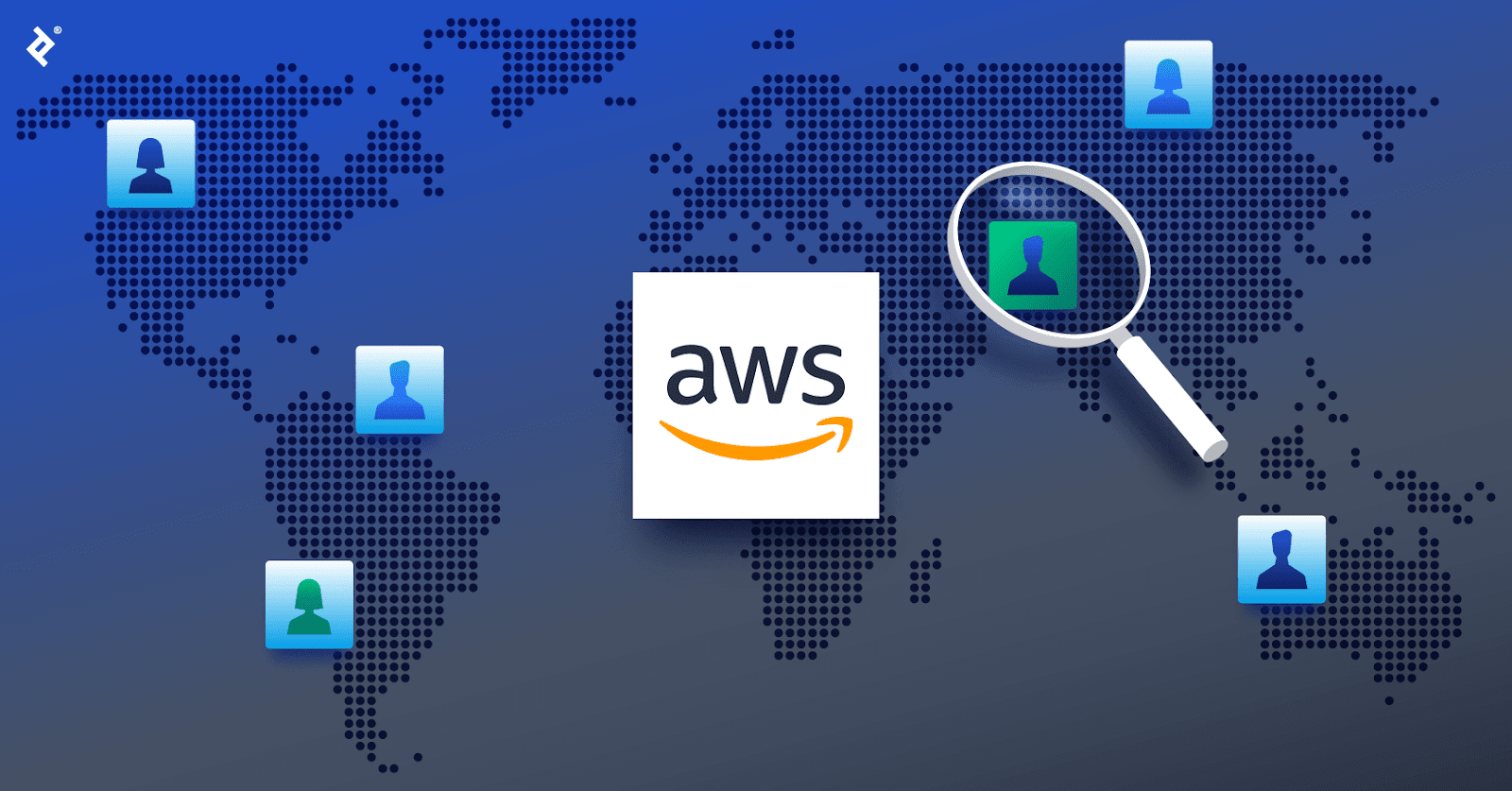
This guide details how to identify quality AWS developers, write an effective job description, ask effective AWS interview questions, and decide on the ideal candidate for your needs.
What attributes distinguish quality AWS Developers from others?
An AWS developer plays a crucial role in any organization. They can build, deploy, and manage applications on Amazon’s highly scalable and reliable cloud infrastructure. High-quality AWS developers distinguish themselves through their proficiency in using various AWS services—such as EC2 (computing), S3 (storage), RDS (database), Lambda (serverless functions), and more—in order to use the best solution in terms of both performance and costs.
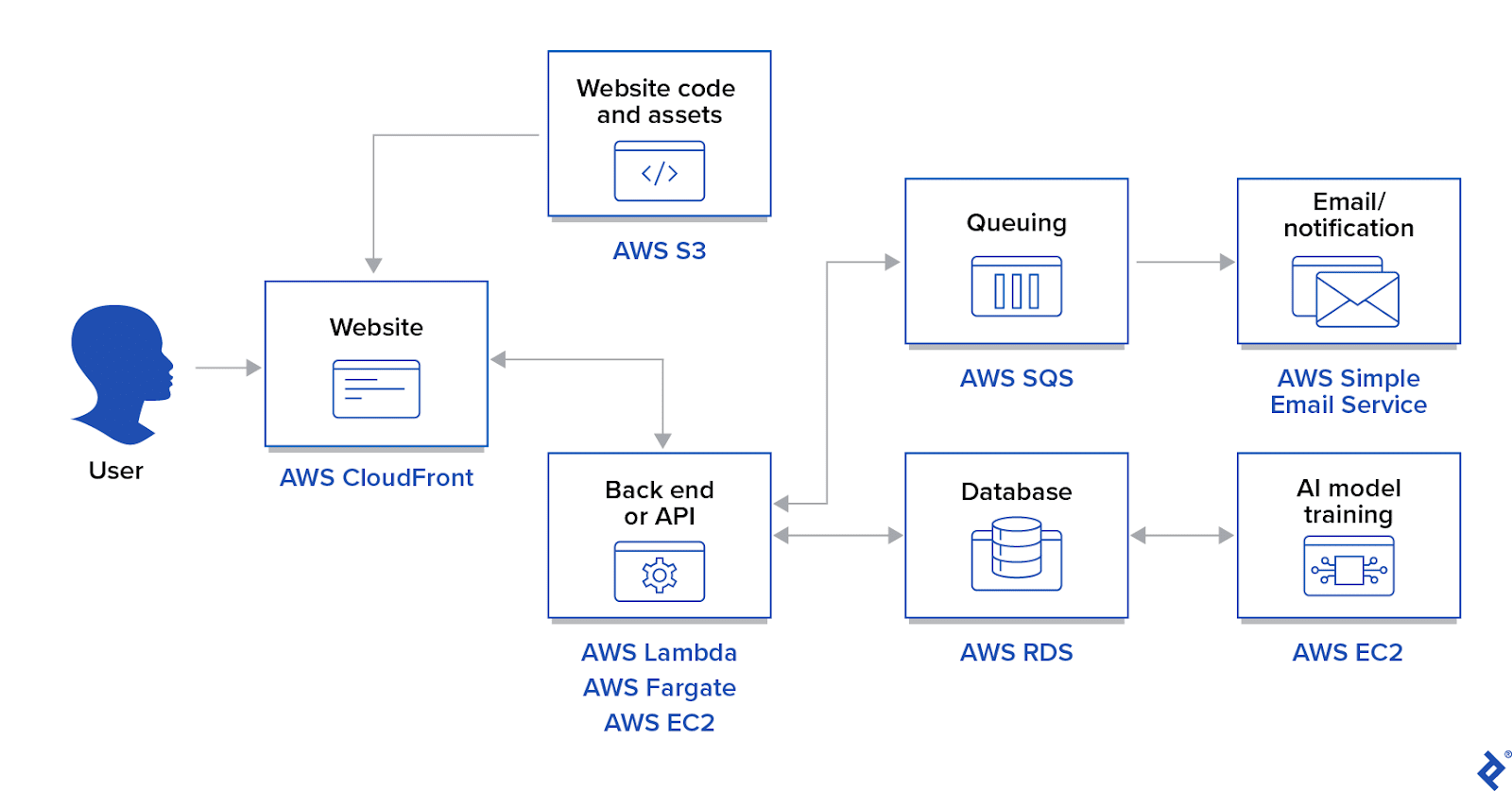
They have a deep understanding of infrastructure as code, using serverless, Terraform, or CloudFormation to build replicable architectures, and are familiar with general programming languages such as Python, Java, and Node.js, as well as frontend technologies, user permissions, and CI/CD best practices.
Complementary AWS Developer Skills
Given the breadth and depth of AWS’ service offering, there are many related technological skills worth assessing in an AWS developer candidate. The most important skills that complement AWS cloud expertise are:
- Familiarity with cloud computing concepts – An understanding of virtual machines, networking, and user permissions is essential for an AWS developer.
- Strong experience with infrastructure as code (IaC) – A developer who knows how to use tools like AWS CloudFormation, AWS Serverless, AWS OpsWorks, or Terraform can help automate the deployment process and track its details in source control.
- Familiarity with big data services – Knowledge of AWS services such as Redshift, EMR, and Athena is invaluable for handling and processing large datasets.
- Familiarity with DevOps practices – Effective AWS developers can set up and advise on CI/CD pipelines, testing, and deployment strategies.
- Experience with containerization – A candidate’s knowledge of Docker and Kubernetes is highly beneficial, as many organizations use containerized applications to help apps scale and avoid lost development time by ensuring development and production function the same way.
- Proficiency in at least one high-level programming language, usually Python or JavaScript – This expertise enables an AWS developer to customize deployments and interservice interfaces.
Other skills may be equally high on your requirements list, depending on your project—especially for those that are underway or that have been planned by someone with the appropriate expertise.
How can you identify the ideal AWS Developer for you?
Identifying the right AWS developer starts by understanding your specific needs and the scope of your project.
Junior developers are best for routine tasks and smaller projects, as they’re still learning the ropes. They should not be in charge of building architectures from scratch but can be taught to manage and monitor them, as well as potentially resolve minor bugs. Mid-level developers have more experience and can handle larger problems, as well as build common infrastructure from scratch. Senior developers are industry veterans with a broad and deep understanding of AWS services. They can create complex and optimal infrastructures specific for the business needs from scratch and guide their peers to avoid costly traps.
Hiring AWS experts is essential when projects involve complex tasks requiring in-depth knowledge of AWS services and tools.
If you need to create a common infrastructure, a mid-level AWS developer should be able to handle the problem; however, if you need top-of-the-line architecture, especially in the case of uncommon infrastructures, then you will need a senior developer. A junior developer may be able to deal with simpler cases, such as deploying a generic website or API. This is especially true if services such as AWS Lambda and CloudFront are an appropriate solution, as they are easy to set up and they scale well. However, a junior developer will likely not make the best choices related to performance and costs.
Additionally, AWS offers courses developers can take to become proficient with its services, from general cloud classes to classes that focus on niche skills. Your hiring process should include identifying candidates who have AWS skill certifications.
How does AWS work?
A high-level understanding of AWS’ value offering will help you choose the right candidate for AWS cloud development. Like every cloud provider, it offers services that use its extensive network of data centers.
By using these services, a company avoids the need for its own data centers and on-premise servers, and the associated physical infrastructure, maintenance, upgrade costs, risks, and insurance. When a company needs to scale up or down, they pay only for what they use. This can be a more cost-effective option, especially for companies that have variable or unpredictable resource needs.
Companies can choose from a wide range of AWS services to best meet their needs and tailor their infrastructures to the specific requirements of their application(s). AWS has hundreds of services; AWS specialists help companies navigate them in a cost-optimized way.
What is the difference between Amazon S3 and EC2?
Since S3 and EC2 are two of the most commonly used AWS offerings, you may encounter them on candidate résumés or during interviews. Knowing how these and other common services increase developer productivity can increase the fruitfulness of your selection and interview processes as you evaluate engineers or consultants.
In short, S3 is a service that AWS developers use for storing and retrieving files, and controlling their access—a pay-as-you-go, cloud-based file share. In contrast, developers use EC2 for running custom software. An EC2 instance is a virtual machine, a computer within a computer to which you can add memory or processing power with the click of a button.
EC2 instances have enough space for the operating system and software you need to run on them, but they’re not intended to store more than that. S3 and other AWS storage solutions, like Elastic Block Store (EBS), complement EC2’s functionality. AWS developers know well that S3 is the choice to manage files that are uploaded or downloaded by users. In contrast, EBS is the choice for app-internal storage; it provides decoupled disk volumes. Both options are easy for an AWS developer to expand, as needed.
How to Write an AWS Developer Job Description for Your Project
Writing an effective AWS job description is crucial to attract the right talent. Start by clearly stating your needs and project scope, including the level of expertise required, specific AWS services they should know, and any additional experience and skills that will be beneficial. If you don’t know which services to specify or don’t have strong requirements, provide a good description of the expected end result.
In order to attract the right candidates, be sure to center the job description around the appropriate role:
- Solutions architect – An expert who designs the right infrastructure for particular business needs, optimizing performance and costs, as a traditional architect designs a building.
- DevOps engineer – An engineer who implements the solution provided by the Solutions Architect, setting up CI/CD pipelines, and handling deployment, like the builder of a building.
- SysOps administrator – An admin who handles day-to-day monitoring, security, and user permission management, like an apartment concierge or building manager.
- MLOps engineer – A DevOps engineer who specializes in data-focused infrastructures commonly used for machine learning, AI, and data science.
What are the most important AWS Developer interview questions?
Given the breadth of AWS, you’ll need to customize questions based on the specific subskills you seek. However, any quality AWS developer should know the answer to these general questions:
What is an ARN?
An Amazon Resource Name (ARN) is a unique identifier assigned to nearly all AWS resources when they are created. As ARNs are ubiquitous in AWS, a candidate familiar with AWS should know what they represent. A good follow-up question: “Are ARNs globally unique or unique only to the account?” The correct answer is globally unique.
What is IAM?
IAM is the Identity and Access Management system of AWS. It contains all users, roles, and policies (permissions), and is therefore one of the most important aspects of AWS.
What is the difference between a user and a role? What are some sample use cases?
A user in AWS represents an individual with unique credentials (password or token), while a role is an entity that can be temporarily assumed by users or services:
- Users are prone to human error. Roles, which define and limit possible actions, reduce the likelihood of unintended changes. For example, an administrator doesn’t need full permissions at all times but does need certain permissions in certain instances. A role can be customized accordingly.
- Services cannot function as users. Assigning roles to services is the only way to grant them the permissions they need to function. For example, a Lambda function that needs to read a file from S3 requires a role that allows that behavior.
What is CloudFormation? Why is it used?
CloudFormation is a service provided by AWS that allows the definition and management of infrastructure as code. It enables the creation of a template that describes the desired resources and their configurations. It helps with automating the deployment and management of AWS resources, which improves efficiency, reduces manual errors, and facilitates infrastructure scalability.
Beyond these technical checks, ask some general questions to gauge a candidate’s experience and soft skills:
Can you describe your experience working with AWS?
Answers will vary depending on the exact roles and experiences of the candidates but their responses should include specific services they’ve used, which will likely include the most widely used services: RDS, EC2, Lambda, S3, and SQS/SNS. Inquire about some of the services each candidate mentions. They should be able to explain the service briefly and in layman’s terms, as well as the advantages that using the service has over self-hosting.
Can you describe a complex technical problem you solved using AWS and how you approached it?
Candidates should be able to answer this question robustly. They should be able to explain which services they considered and how they would be implemented (e.g., using the AWS Managed Services or self-hosting). All answers should address cost-effectiveness, security, and scalability—three very important aspects of any cloud architecture:
- Cost-effectiveness – AWS Managed Services are typically easier to set up and monitor than their unmanaged counterparts; however, they come with an added monetary cost. Candidates should be able to name alternatives they would have benchmarked.
- Security – Candidates should be able to explain what policies (permissions) were created for the different parts of their solution and how messages were passed between the services.
- Scalability – Auto-scaling enables the setting of a baseline resource allocation and provides the ability to temporarily increase resources during usage spikes to prevent outages. These extra resources come at a higher cost, but with correctly configured infrastructure—and if usage is compatible with this spike pattern—it can be a very cost-effective solution.
Can you provide examples of how you have successfully delivered projects on AWS within tight timelines and budget constraints?
Candidates should be able to explain the choices they made, focusing on how their decisions were simpler and better in terms of budget. In addition to architectural changes aimed at decreasing costs, organizations can also get discounts when committing to usage. For example, reserving an instance over a long period of time can result in more than a 50% discount; using DynamoDB on-demand—instead of provisioned—capacity can increase the cost tenfold but may be more cost-effective in applications where unpredictable usage peaks occur. Many services also offer auto-scaling, allowing cost savings when activity is low. Finally, many modern companies have an AI or analysis instance run at a given interval in order to process the new data and update the model. If this is not time-sensitive up to some hours, then using spot instances can be a very simple way of saving money.
Follow up by asking candidates how they would change the architecture if they had infinite time but the same budget constraint. What if they had an infinite budget but a tight timeline? This will require candidates to present alternative solutions on the spot.
Why do companies hire AWS Developers?
Cloud deployment has made the creation and management of IT infrastructure much simpler and more scalable without the need for large initial investment. It has therefore become the dominant way to use computational resources. The most common strategy is to hire AWS developers because AWS is the largest and most diverse global cloud provider with a strong track record of uptime and reliability. However, while using such a provider makes deployment and management simpler, that is not the same as it being easy: To use AWS infrastructure correctly and optimize its pricing requires a lot of technical skills. As such, AWS developers have become increasingly important in organizations, even if smaller teams or projects may require their talents only on a part-time or seasonal basis.
AWS attracts and employs the world’s top developers and AWS cloud engineers, which not all companies can do—but they don’t need to because they can access that development experience as AWS clients. The popularity of AWS among companies is self-perpetuating: Developers learn AWS because it’s ubiquitous; companies have a larger hiring pool if they choose AWS. Plus, in the increasingly complex and hazardous environment of the modern internet, companies rely on AWS’ vital security features, like the IAM system. Built for enterprise-level customizability, IAM allows companies to customize the access granted to various engineers while they collaborate.
AWS’ ease of scalability, pay-as-you-go model, and diverse and numerous services help make it the most common cloud provider and keep skilled AWS developers in high demand. The expert advice from this guide will help you write a good job description to attract the right developers to your company, filter out underskilled candidates with helpful interview questions, and ultimately identify the perfect candidate for your AWS-based project.
Featured Toptal AWS Publications
Top AWS Developers Are in High Demand.


















